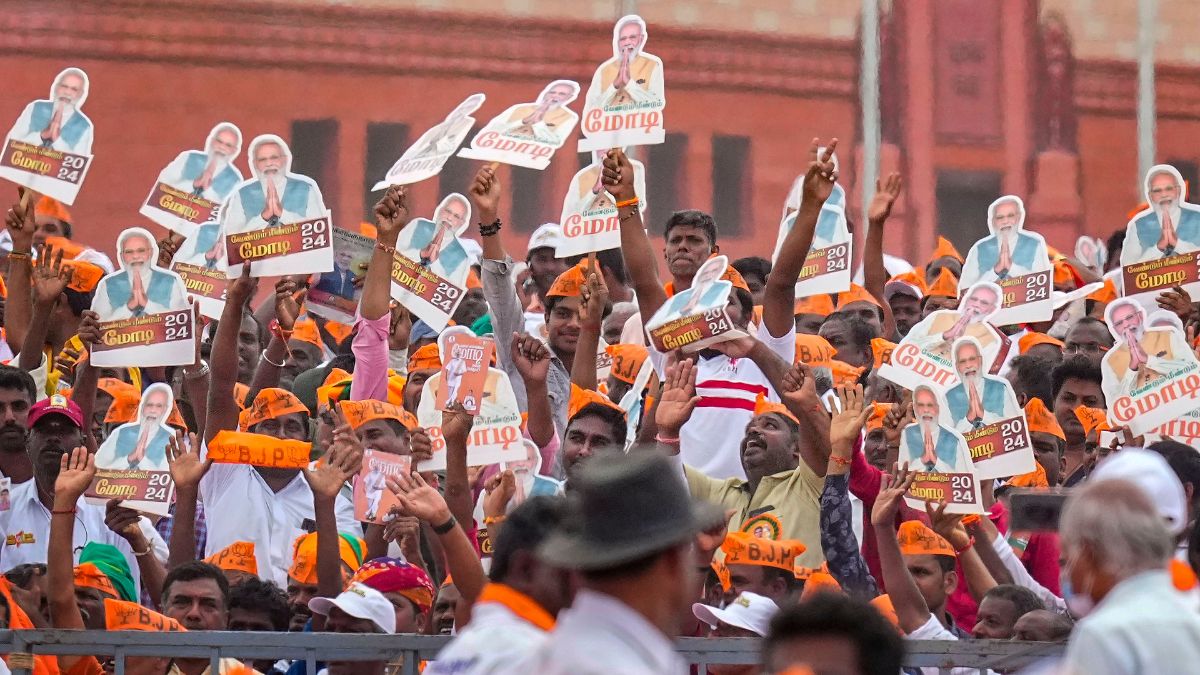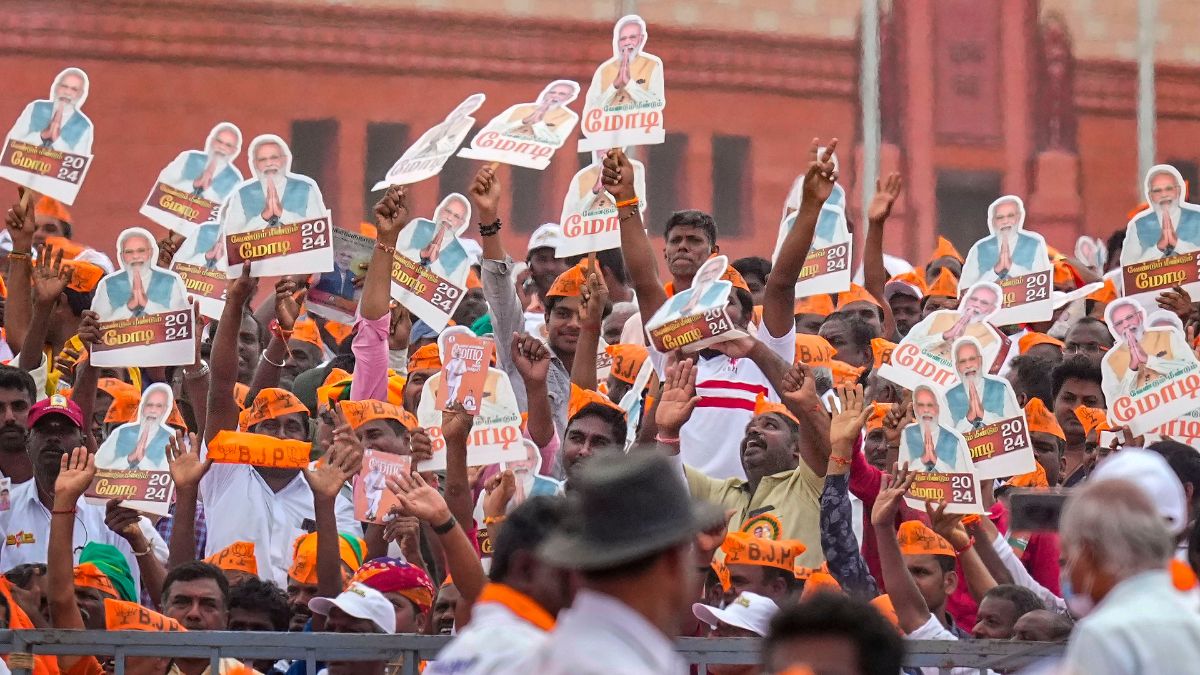Most countries with a large diaspora actively woo their overseas communities, but the diplomatic spat between Netherlands and Turkey has shown up the hazards of aggressively courting the diaspora.
The wave of anti-immigration sentiment flowing through Europe and America could bring about a rethink on the ways to engage with the diaspora so as not to accentuate the close ties many migrants have with their home countries.
The row, which is threatening to engulf even more European countries, began when the Netherlands prevented two ministers from Turkey from addressing political rallies of Turkish migrants in Rotterdam.
Both the Netherlands and Turkey were in the midst of an election campaign when the crisis sparked off after Turkey’s Family Minister Fatma Betul Sayan Kaya was barred from speaking to Turkish migrants and escorted across the border.
Dutch authorities used water cannons and mounted police to disperse crowds from the Turkish embassy. Turkey’s Foreign Minister Mevlut Cavusoglu was prevented from flying into Rotterdam, leading Turkey’s President Recep Tayyip Erdogan to describe the Netherlands as a “Nazi remnant”. Turkey threatened sanctions against the Netherlands and denied the Dutch ambassador permission to return to Ankara.
The Netherlands is holding its parliamentary elections on 15 March, where the closely fought electoral battle is between Prime Minister Mark Rutte’s conservative People’s Party for Freedom and Democracy and the radical right wing Party of Freedom led by Geert Wilders.
Immigration and integration of the Muslim minority are two issues in the elections. Turkey is to hold a referendum on a new constitution in mid-April. The new constitution seeks to change Turkey from a parliamentary to a presidential form of government which would give sweeping new powers to the president.
Ministers from Turkey have been trying to drum up support for the government in the referendum from Turkey’s large diaspora in Europe. But the Dutch are wary of importing the sharp political differences between the pro-Erdogan and anti-Erdogan groups in the Netherlands, especially after the heavy-handed crackdown in Turkey following the attempted coup in July 2016.
The Netherlands, Austria, Germany, Denmark and Switzerland have all cited security and other concerns for their reluctance to allow Turkish officials to campaign in their countries for the referendum, infuriating Ankara.
There are large Turkish migrant communities in several European countries, (approximately 4.5 million in western European countries); many of the migrants are eligible to vote in Turkey and their support could be crucial to the Turkish referendum.
Despite the European Union calling on Erdogan not to escalate the crisis, Turkey has threatened to review an agreement signed in March 2016 to halt the flow of immigrants through Turkey to European countries.
Political campaigning by foreign political parties or leaders is frowned up in many countries. Indian leaders discovered the perils of political activity abroad last year when the Canadian government barred Punjab Congress president Capt Amarinder Singh, from holding political interactions and meetings in Canada last year.
The large Punjabi diaspora in Canada, UK, Australia and New Zealand are closely linked to their families and politics in Punjab and a natural target for Punjab politicians. The Aam Admi Party too organized a campaign called ‘Chalo Punjab 2017’ to woo overseas Punjabis for the state elections.
The Canadian government invoked the ‘Global Affairs Canada’ regulation to bar the Congress meetings; the regulation prohibits foreign governments from conducting election campaigns in Canada or setting up political parties in Canada. Capt Amarinder Singh was forced to cancel his political interactions in Canada, but the AAP held some meetings without political banners.
The American dream has been shaken for the 3-million strong Indian-American community in the US by the recent attacks on Indians. Indians, Middle-Eastern and Jewish communities have faced harassment since Donald Trump became president and latent racist, anti-immigrant views came out into the open.
America had the salad bowl concept of immigrants adding to the cultural diversity of American society instead of totally assimilating in it. But Indians in the US are now being advised not to draw attention to themselves by speaking in Indian languages in public. The relative prosperity of many Indians has also been criticised for taking away jobs from Americans.
Prime Minister Narendra Modi had addressed huge assemblies of Indians in Madison Square Garden and Silicon Valley in 2014 and 2015 in the US, and other similar meetings in Canada, UK and Australia. These were not political meetings, but such large exuberant gatherings of the Indian diaspora are likely to go against the prevailing anti-immigrant mood in these countries.


)




)
)
)
)
)
)
)
)